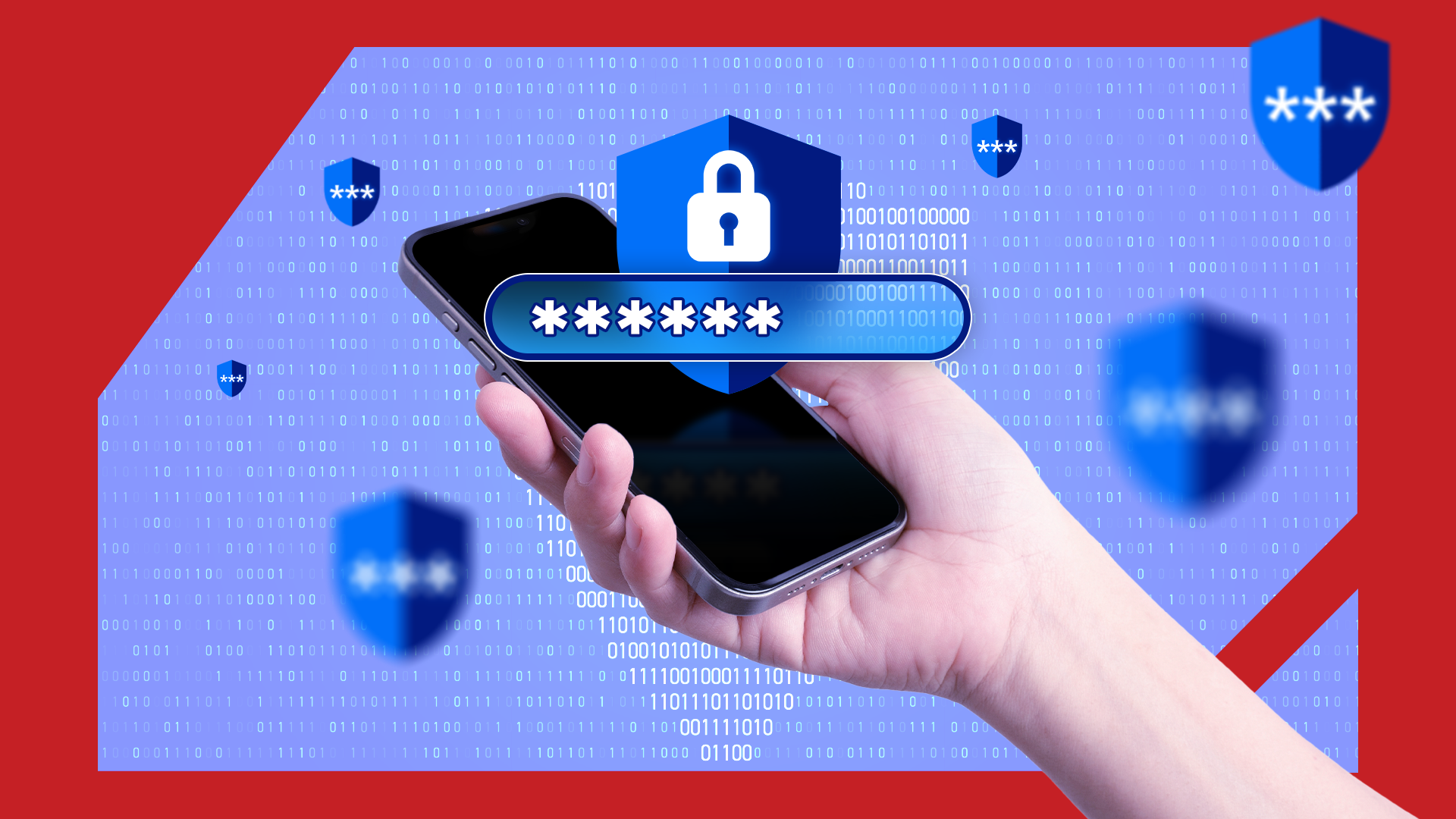Think your password is enough to keep your data safe? It’s not. Even if you use the strongest password, it doesn’t encrypt your data. To truly secure your personal information, you need both a strong password and robust encryption working together.
What Is a Password?
A password is a string of characters used to verify your identity and grant access to a system. Passwords play a crucial role in authentication in today’s digital world. A password is your key to everything, from your email and social media accounts to your bank account.
For the security of your accounts, the idea behind a password is that only you should know it. This ensures you’re the only one who can access your accounts, as the system verifies your identity primarily based on that password.
Your password should also be unique. You can make your passwords more secure by using a mix of letters, numbers, and symbols for better protection. However, a strong password alone isn’t bulletproof.
That’s why you’re encouraged to further enhance your security by adding an extra layer of protection using various multi-factor authentication methods. Still, a password is often the first line of defense in digital security, making it essential—but not sufficient—on its own.
What Is Encryption?
Encryption is the process of converting readable data (plaintext) into an unreadable, scrambled format (ciphertext) to protect it from unauthorized access. To understand encryption, think of it as locking your information in a vault so that only those with the correct key can unlock and access it.
Even if someone steals your data, they won’t be able to access it unless they have the correct decryption key. Whether you’re sending a message, storing files, or shopping online, encryption ensures that even if someone intercepts the data, they can’t make sense of it.
Encryption is vital for sensitive information, including financial records, medical data, and confidential business communications. Without it, these details are vulnerable to unauthorized access during storage or transmission. But you use encryption all the time without realizing it: the HTTPS symbol in the address bar of this very website means you’re using an encrypted connection.

Related
Why Encryption Matters for Your Data Backups (And How to Do It Easily)
Protect your privacy by encrypting your backups.
There are two main types of encryption: symmetric and asymmetric. Symmetric encryption uses the same key for encryption and decryption, while asymmetric encryption uses two keys—a public key for encryption and a private key for decryption. Modern technologies, such as HTTPS and end-to-end encrypted chats in messaging apps, rely on these methods to protect your privacy.
Encryption operates at multiple levels throughout modern computer systems. As we store more of our data digitally, it has become more important than ever. The importance of encryption in a world of hyper-connected computers and networks can’t be overstated. Encryption matters, even for your data backups.
Key Differences Between Encryption and Passwords
While passwords and encryption both help protect your data, they serve different purposes. The first major difference lies in their purpose. Passwords are used to verify your identity and function as keys to unlock accounts or devices. In contrast, encryption is used to protect data by making it unreadable to third parties (or even you if you’ve lost your encryption key!). Second, passwords grant access to systems, while encryption ensures privacy even if access is compromised.
For example, when you shop online, you use a password to log into your Amazon account. But it’s encryption that ensures your credit card details and personal information are securely transmitted, keeping them unreadable to hackers who might be eavesdropping on your network.
Encryption vs. Passwords: Why You Need Both
Now that you understand what passwords and encryption do, don’t worry about which one is better. To truly safeguard your digital life, you need both working together to create a strong, layered defense. Using passwords is a standard practice for protecting accounts or devices against unauthorized access. However, using just a password is not enough.
The best security practice is to use passwords as gatekeepers to control who can access your accounts or devices. Then the encryption keeps your data unreadable—and therefore private—even if someone bypasses your password protection.
Don’t think of encryption and passwords as separate lines of defense; they work in conjunction to keep all of your data safe.

Related
How I Encrypt My Files Before Uploading to the Cloud (and Why I Bother)
It only takes a moment to make your files much more secure.
This combination is critical, especially in today’s world of data breaches and cyberattacks. Your password might be stolen, but if your files are encrypted, the attacker won’t be able to access them.
Passwords and encryption aren’t interchangeable—they’re complementary tools that work best together. A strong password will keep intruders out, but encryption ensures your data stays safe even if someone manages to break in, a common risk in today’s connected world..
By using both, you build a stronger, more reliable defense around your personal information, which is essential, especially in today’s digital world full of threats. To keep your data backups and devices secure, you should use both for maximum protection.








Leave a Comment
Your email address will not be published. Required fields are marked *